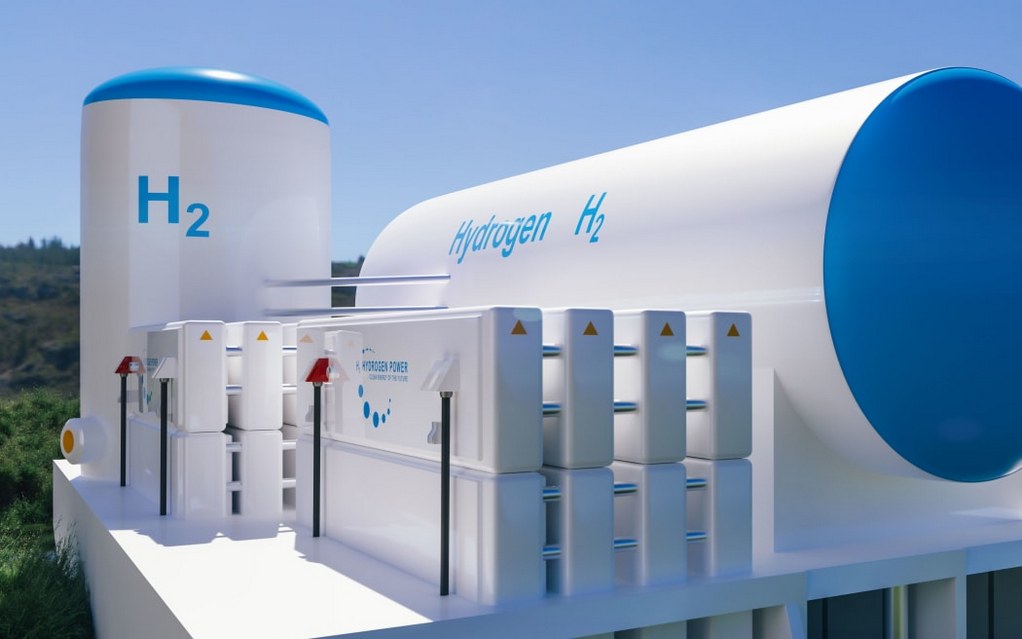Pune Municipal Corporation (PMC) has taken an innovative step forward to eliminate the waste generated in the city. PMC has partnered with business enterprise The Green Billions (TGBL) to manage its waste and generate it into useable green hydrogen. TGBL’s special purpose vehicle or subsidiary, Variate Pune Waste to Energy Private Ltd, will be undertaking the work.
The new facility for generating hydrogen from waste will solve two major problems: Inefficient waste management and carbon emissions. Waste management is one of the prime issues in the country, which is blamed for generating pollution in the surroundings.
Pune, the second largest city in Maharashtra, hosts many industries, including steel, fertilisers and pharmaceutical industries. The emissions in the city increased by 12 per cent to 1.64-tonne carbon dioxide equivalent (tCO2Eq) per capita in 2017 from 1.46 tonne tCO2Eq per capita in 2012.
The numbers were noted by the Pune Resilience Strategy report by the UN project 100 Resilient cities. PMC’s step shows a holistic approach to reducing its emissions and managing waste.
Variate Pune Waste to Energy Private Ltd will be managing and utilising the municipal waste of 350 tonnes per day (TPD) for generating hydrogen for 30 years. This waste will comprise biodegradable, non-biodegradable and domestic hazardous waste.
This waste would be segregated at the facility by TGBL in Pune using optical sensor technology.
The Refuse-Derived Fuel (RDF) from the waste would later be utilised to generate hydrogen using plasma gasification technology. The technology has been developed while closely working with the Bhabha Atomic Research Institute (BARC) and the Indian Institute of Science, Bengaluru.
It is estimated that 150TPD RDF and 9MT tonnes of H2 would be generated out of 350 TPD waste.
The hydrogen generated at the facility will be utilised locally to help the city lower its emissions. As the Centre is focusing on industrial decarbonisation and facing the challenges of just transition, the project can prove to be a game-changer in helping industries reduce carbon emissions.
The municipal solid waste dumped in low-lying urban areas can be diverted, which needs 689.5 cubic metres of space every day and 25.16-hectare metres of precious land per year, TGBL added.
Waste-to-Energy plants are viable only when the plant can process at least 300 TPD, according to the task force report on Waste to Energy, 2014, by the erstwhile-Planning Commission, now known as NITI Aayog. Therefore, WTE plants should be set up in large cities with a population above 2 million, it said.
Based on this, the project will manage 350TPD waste for Pune, which has a population of more than 7 million.
Tags: Hydrogen, PMC, Pune, TGBL, Waste

Recent Posts
Fossil fuel capacity grows 2.44% in FY24
COSCO launches fully-electric 10,000 ton container ship service
Bergen Engines to power world’s largest hydrogen ferries
GCMD announces appointment of 2 key positions
Marathon refinery aims for 100% production capacity
Japan energy policies for increased zero-carbon power generation
Chapman Freeborn OBC to reduce carbon emissions
OTG develops programme on ammonia fuel safety